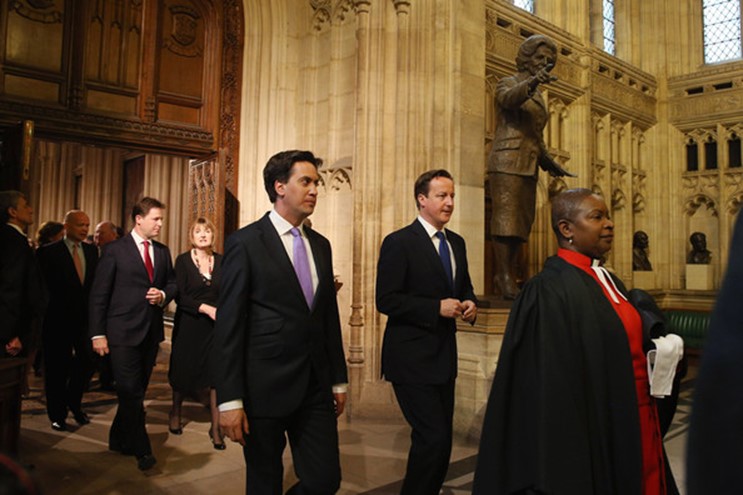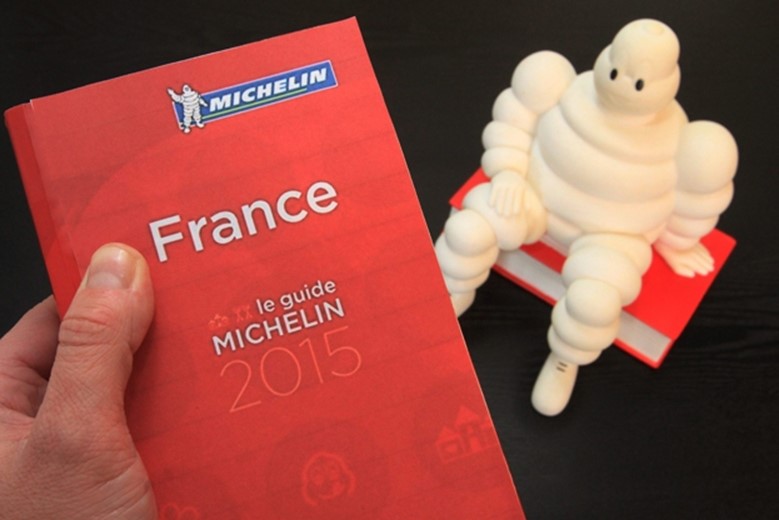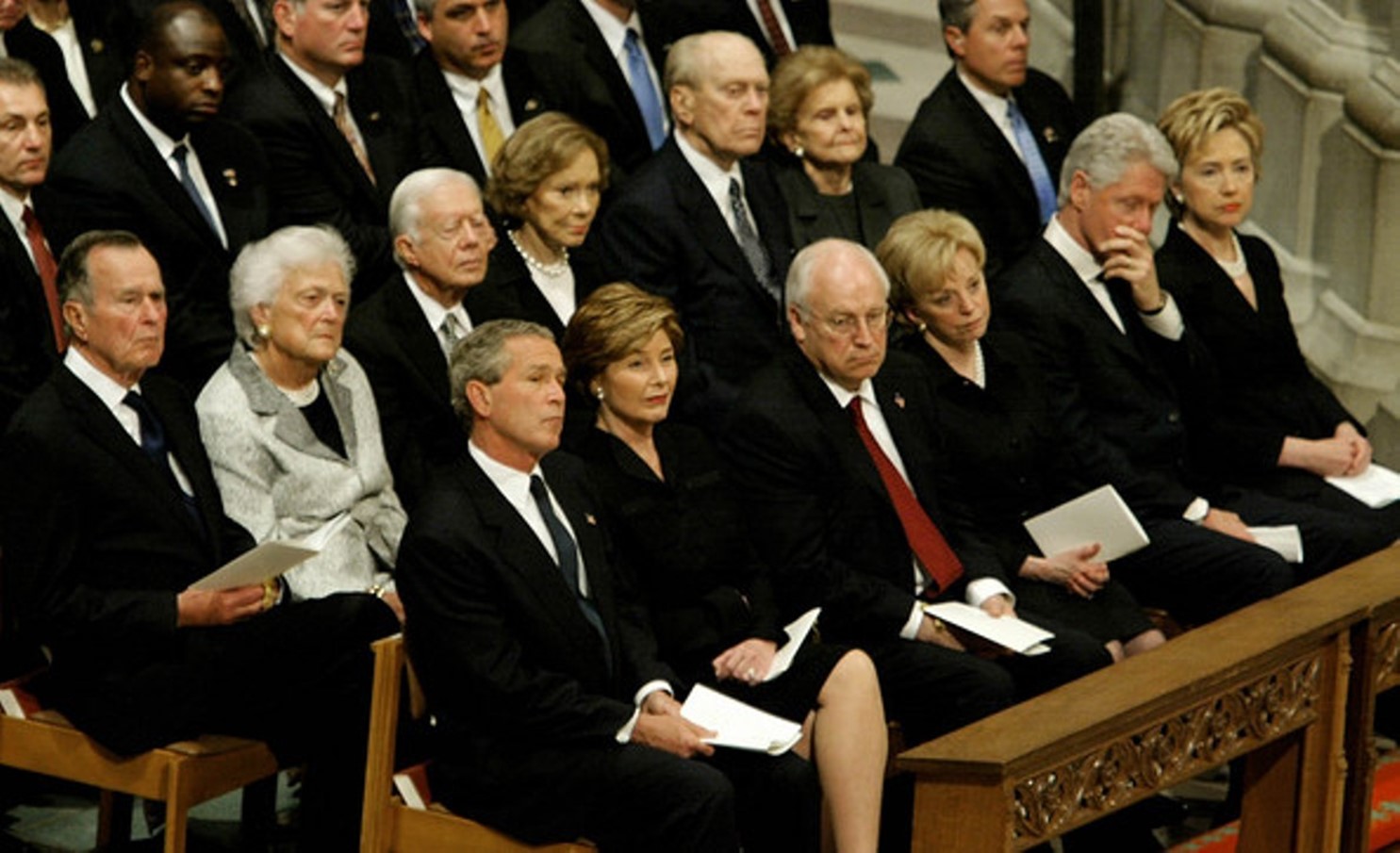The Cross Border Trade In Election Consulting
March 26, 2015 in Daily Bulletin

The Economist looked at the market for cross border election consulting:
- Expert pollsters, strategists, and media analysts are hired by candidates in large countries to help them win elections.
- However when the home country is going through a lull in between elections these same experts market themselves to countries abroad.
- The trade flows both ways between developed and developing countries. South American experts have helped American candidates appeal to Hispanic voters.
- At times you can tell a lot about a candidate based on the type of experts they hire. Pro-Russian candidates in ex-Soviet countries prefer Russian consultants, while their opposition usually prefer American ones.
- At times foreign consultants can be seen as unpatriotic – perhaps this is why Israel’s Benjamin Netanyahu hinted that American forces were trying to unseat him in Israel’s most recent election.
- What he failed to mention was that American strategists had also been hired by his party to help (successfully) win the campaign.
Read why Boris Yeltsin had to go through his daughter to get campaign advice, how consultants helped Hugo Chavez win Venezuelan elections despite his cancer diagnosis, how Americans are influencing Britain’s upcoming election, and more over here.
Source: The Economist

















Join the Discussion! (No Signup Required)